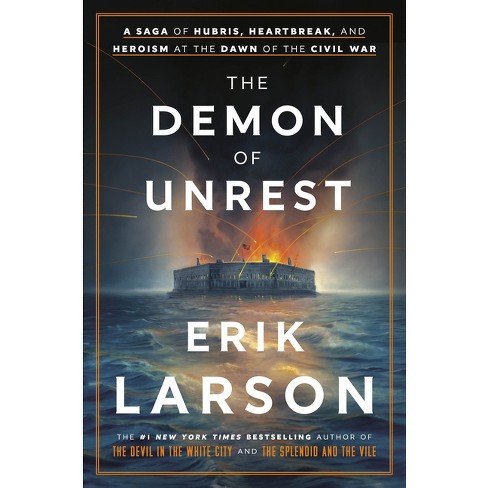5 Hot Books: A Revealing Look at David Letterman, Sheryl Sandberg on Grief, and More
/These are five books people are talking about this week – or should be:
1. Last Hope Island: Britain, Occupied Europe, and the Brotherhood that Helped Turn the Tide of War by Lynne Olson (Random House)
Britain, which bravely fought Hitler after other European democracies fell, was known as “Last Hope Island.” Olson takes that phrase for her vivid new history of Britain and Occupied Europe in World War II. Olson has distinguished herself with her earlier gripping accounts of the World War II era, Those Angry Days: Roosevelt, Lindbergh, and America ‘s Fight Over World War II, 1939-1941 and Citizens of London: The Americans Who Stood with Britain in its Darkest, Finest Hour. She insightfully renders the war on two levels – the high-stakes geo-political battles of leaders like Norway’s King Haakon and France’s Charles de Gaulle and the on-the-ground struggles of the unsung heroes, like ordinary codebreakers and spies, whose contributions were no less critical. In this illuminating and moving work of history, she provides a sharp reminder of Britain’s pivotal role in holding the line against the horrors of Nazism.
2. Option B: Facing Adversity, Building Resilience, and Finding Joy by Sheryl Sandberg and Adam Grant (Knopf)
“Grief is a demanding companion,” reflects Sandberg in Option B, written after the sudden death of her husband, the father of her two children. “Simmering, lingering, festering. Then like a wave, it would rise up and pulse through me, as if it were going to tear my heart right out of my body.” Sandberg, the COO of Facebook and author of the bestseller Lean In, has teamed up with Wharton professor of psychology Grant, author of Originals. Together, they have written a book that transcends the how-to shelf and grief shelves. Option B combines Sandberg’s personal experience and Grant’s research on surviving tragedy and resilience to create a book “about the capacity of the human spirit to persevere.” Sandberg and Grant (the book was written together, but in her voice) consider how to regain confidence, speak about tragedy, comfort suffering friends, and rediscover joy. “Life is never perfect,” says Sandberg. “We all live some form of Option B. This book is to help us kick the shit out of it.”
3. Letterman: The Last Giant of Late Night by Jason Zinoman (Harper Collins)
David Letterman hosted late night television shows for three decades, influencing a generation with his quirky humor. Zinoman, comedy critic for The New York Times, traces Letterman’s rise from his roots in Indiana, with an emphasis on his years at NBC as “the host who didn’t believe in hosting.” Zinoman, author of Shock Value: How a Few Eccentric Outsiders Gave Us Nightmares, Conquered Hollywood, and Invented Modern Horror, understands the dynamics of the television business and is particularly insightful on how Letterman developed his television presence. He resists hagiography and delves into, among other things, the backstory of Letterman’s announcement to his audience: “I have had sex with women who work on this show.”
4. Anything Is Possible by Elizabeth Strout (Random House)
Like her rich and kaleidoscopic Pulitzer-Prize winning Olive Kitteridge, Strout’s Anything Is Possible renders small town life with elegance and and considerable writerly skill. Readers of her recent bestseller My Name Is Lucy Barton will recall references to Lucy’s hometown of Amgash, Illinois, which she had left for Manhattan nearly two decades earlier. In Anything Is Possible, Lucy returns to Amgash, where Strout finds the conflicting emotions, class tensions, gossip, and deep secrets beneath the pleasantries of an idealized small town.
5. The Gatekeepers: How the White House Chiefs of Staff Define Every Presidency by Chris Whipple (Crown)
The chief of staff is the power in front of the throne – controlling which people and what information reaches the President. The influence of the position was established during the Nixon administration, when H. R. Haldeman established the protocols that still prevail today. Whipple, a Peabody- and Emmy Award–winning documentary filmmaker, chronicles how the role has shifted in the past half century, and what it has meant for the successes and failures of administrations from Richard Nixon to Barack Obama. Moving beyond the written historical record, Whipple interviewed living chief of staffs, and their insights make The Gatekeepers an unusually candid and illuminating study of presidential power.










